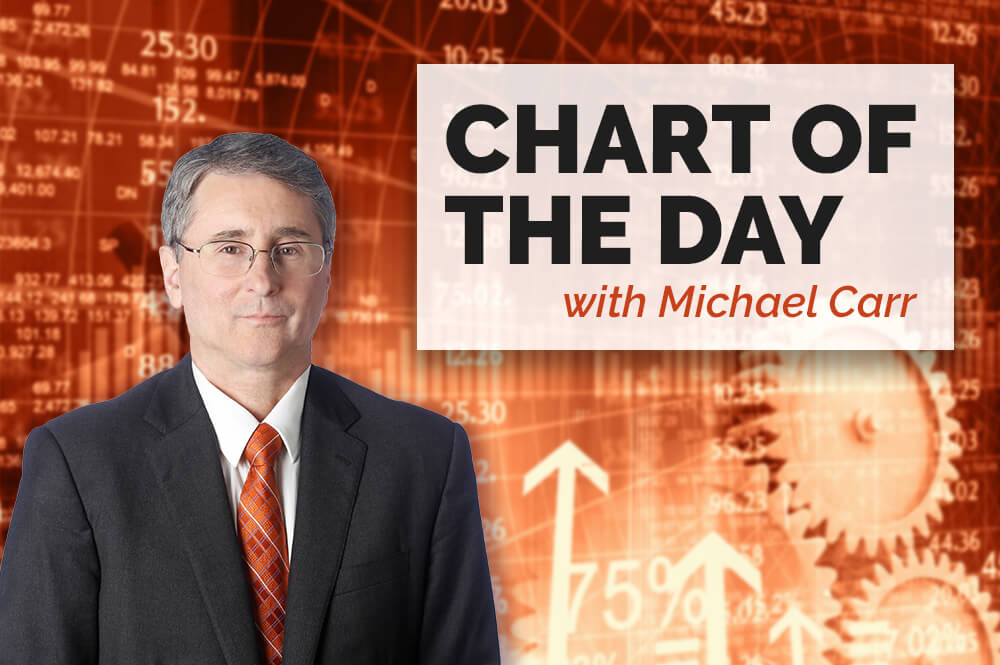Experts tell us we shouldn’t be worried about inflation.
Treasury Secretary Janet Yellen assures us that it is under control, even if Congress passes a $1.9 trillion stimulus package.
According to CNBC, the secretary believes the risks of inflation “are small compared to economic damage from failing to provide enough economic support during the pandemic. The U.S. has ’the tools to deal with‘ the risk of inflation.”
Yellen’s successor as Chair of the Federal Reserve, Jerome Powell, agrees we shouldn’t worry about inflation, but even if there is inflation, the Fed has the tools to deal with it.
Last month, according to MarketWatch, Powell noted, “If inflation were to go up for any reason, inflation doesn’t stay up” as it used to in the 1970s.
“There is plenty of slack in the labor market, and it’s unlikely that wages pressures are going to be reaching a level that would create and support higher inflation,” the Fed chairman said.
Another factor is a shortage of demand in other major economies.
If inflation moved up in ways that were “unwelcome,” the Fed has the tools to act, Powell said.
However, people with risky money in the markets are showing signs of concern. A market-priced measure of risk in the bond market reached a six-year high last week.
Bond Market Risk Reaches 6-Year High
Source: Optuma.
Bond Markets Are Getting Worried About Inflation
The 10-year breakeven inflation rate implies what market participants expect inflation to be in the next 10 years, on average.
Inflation is appearing in the supply chain. Commodity prices have soared since last spring. Bloomberg noted, “a shortage of the chips that fuel everything from smartphones to cars and TVs could be an early indicator of problematic price rises on the horizon, but for now, markets aren’t differentiating.”
Maybe policymakers like Yellen and Powell are correct, and there are simply many isolated factors pushing prices up for a short time. But traders, the ones with real money at risk, are growing worried.
Michael Carr is a Chartered Market Technician for Banyan Hill Publishing and the Editor of One Trade, Peak Velocity Trader and Precision Profits. He teaches technical analysis and quantitative technical analysis at the New York Institute of Finance. Mr. Carr is also the former editor of the CMT Association newsletter, Technically Speaking.
Follow him on Twitter @MichaelCarrGuru.
